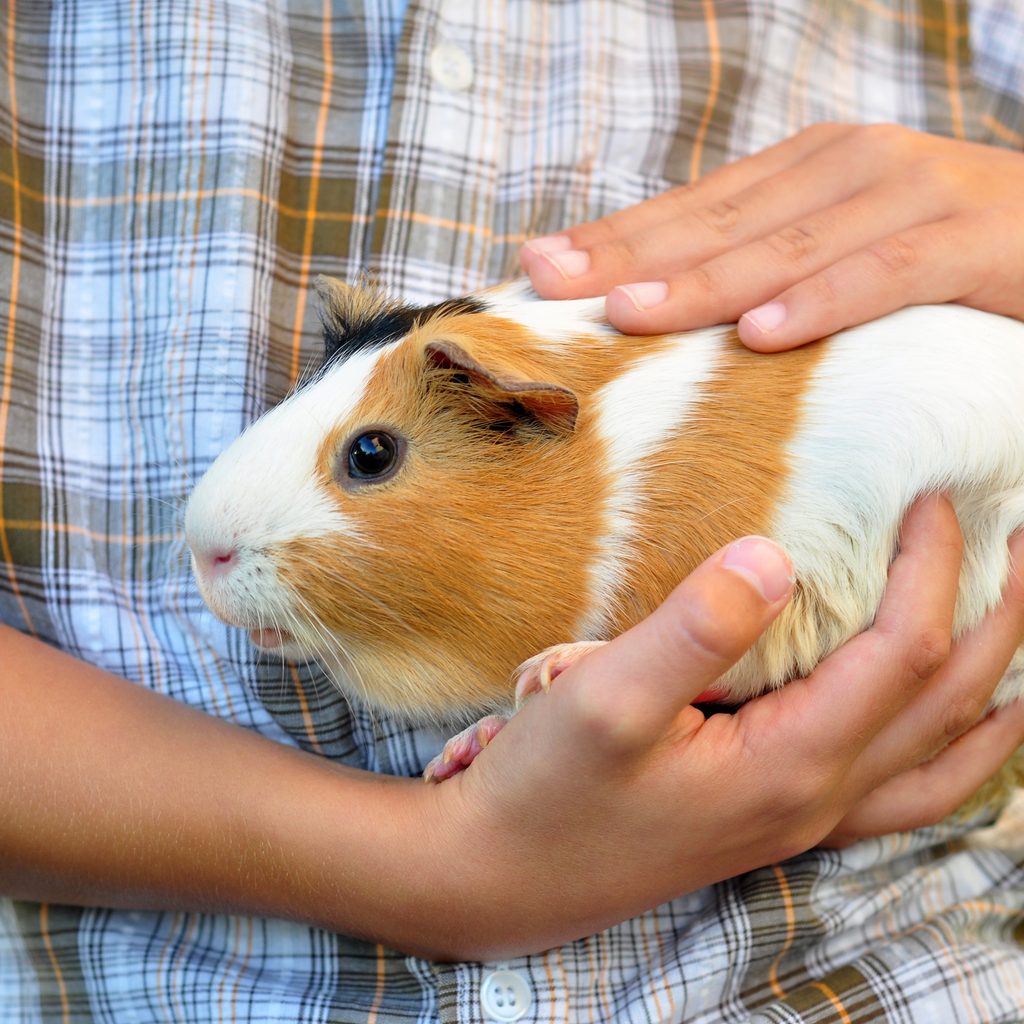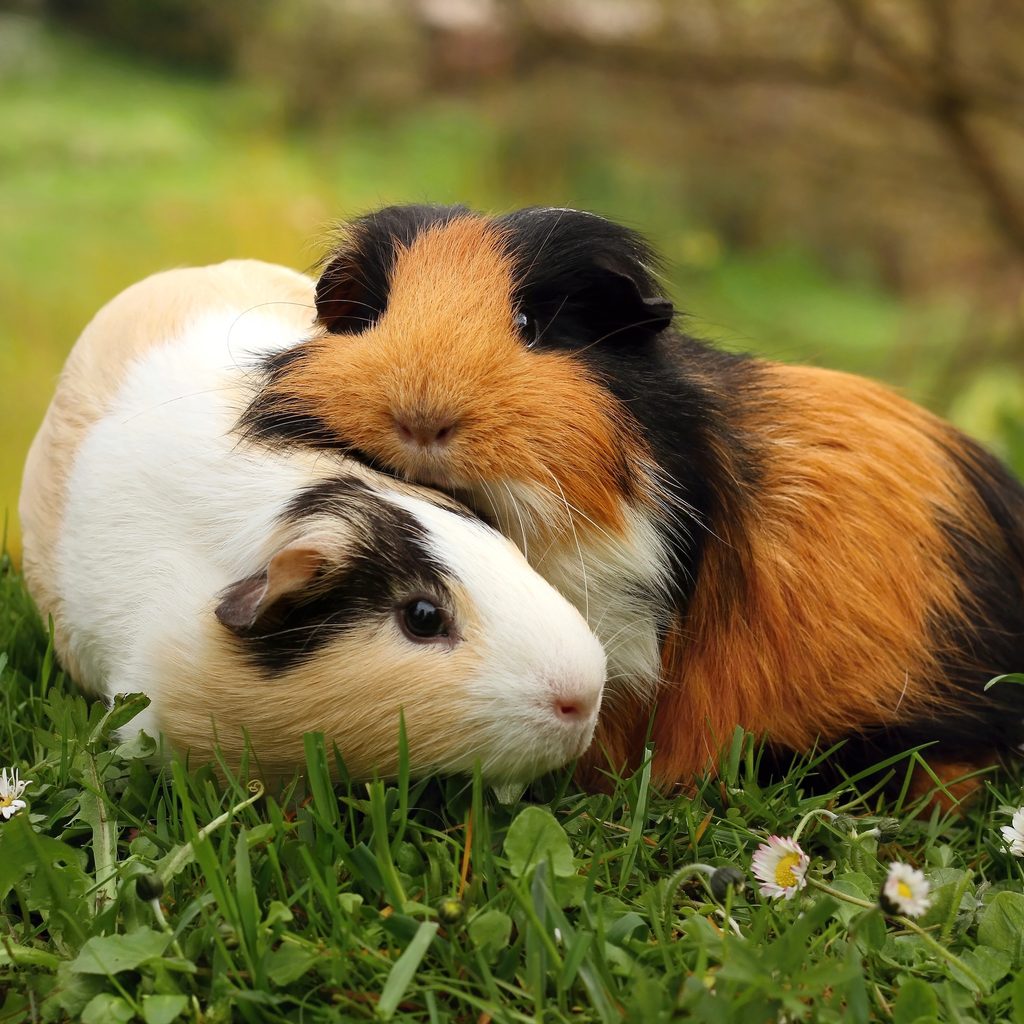Rodents make good pets for several reasons: They’re relatively easy to take care of, social and engaging, and extremely cute. The downside is you won’t have your sweetie for very long, as their lifespans don’t come near those of dogs or cats. As far as guinea pigs’ lifespans go, you’re looking at about five years, though they can live up to eight. That’s a tad longer than hamsters or gerbils, and guinea pigs might suit you better in other ways too. Once you’ve selected your animal, you will need to work to keep it healthy and prolong its life. Do these five things to keep your pig (or pigs) in good shape and living its best life.

Clean their cage
One of the most important things for prolonging a guinea pig’s life is keeping their home environment clean and cozy. Specifically, make sure you maintain an even temperature of about 72 degrees (you can both stay comfortable at this thermostat setting). Additionally, providing a sparkling cage will go a long way to improving health and increasing lifespan. Spot clean daily after feeding, then replace bedding and do a full deep scrub every week. Stay on top of this and adjust as needed — you may find yourself changing out the bedding twice every seven days.
Feed them a variety of healthy foods
A healthy diet works toward a healthy life. Your pet will love timothy hay and you should provide copious amounts of it. You likely don’t have to worry too much about your guinea pig overeating, so just replace the hay regularly. On top of this grass, they need fresh fruits and veggies (especially those containing vitamin C). Mix it up daily and include lettuce, peppers, carrots, tomatoes, apples, and berries. Lastly, offer small amounts of fortified commercial pellets to supplement their diet.
Find a good veterinarian
Don’t settle for a veterinarian who specializes in dogs and cats. Instead, research vets who work with rodents and know how to handle them. Get your critter checked out when you first bring them home and then take them for checkups once a year thereafter. A trip to the veterinarian is also warranted any time you notice something off. Monitor them closely, especially their food intake and other digestive routines, so you are able to react quickly if anything changes. Diarrhea can be a sign of scurvy (which these little guys are prone to), and you’ll need your vet to confirm or figure out what else may be wrong.
Keep in mind some guinea pigs get tumors which can shorten their life. Feel for any unusual lumps while petting them and take them to the vet as quickly as possible if you notice anything curious.

Get them a friend
Here’s where piggies differ from hamsters: They want companionship. While most hamsters prefer solitary lives, guinea pigs love socializing and will spend time interacting with one another. Try to get a same-sex pair, and take the time to carefully introduce them to each other. You should also play with your pets and gift them lots of toys for physical and mental stimulation.
Pamper them consistently
Some breeds have long beautiful hair that gets matted very easily and will need lots of brushing. Set aside time every week to do a grooming session including hairdressing, teeth cleaning, and a pedicure. If you have trouble checking their mouth or feet, ask your veterinarian to walk you through it the first time. You should always take them in if their teeth or nails get too long as that can lead to problems.
With the right combination of a good diet, plenty of playtime, and lots of spoiling, your guinea pig can live a wonderful, healthy life. If you don’t feel up to managing a pet for five to eight years, look into adopting an older animal and giving it wonderful twilight years.



